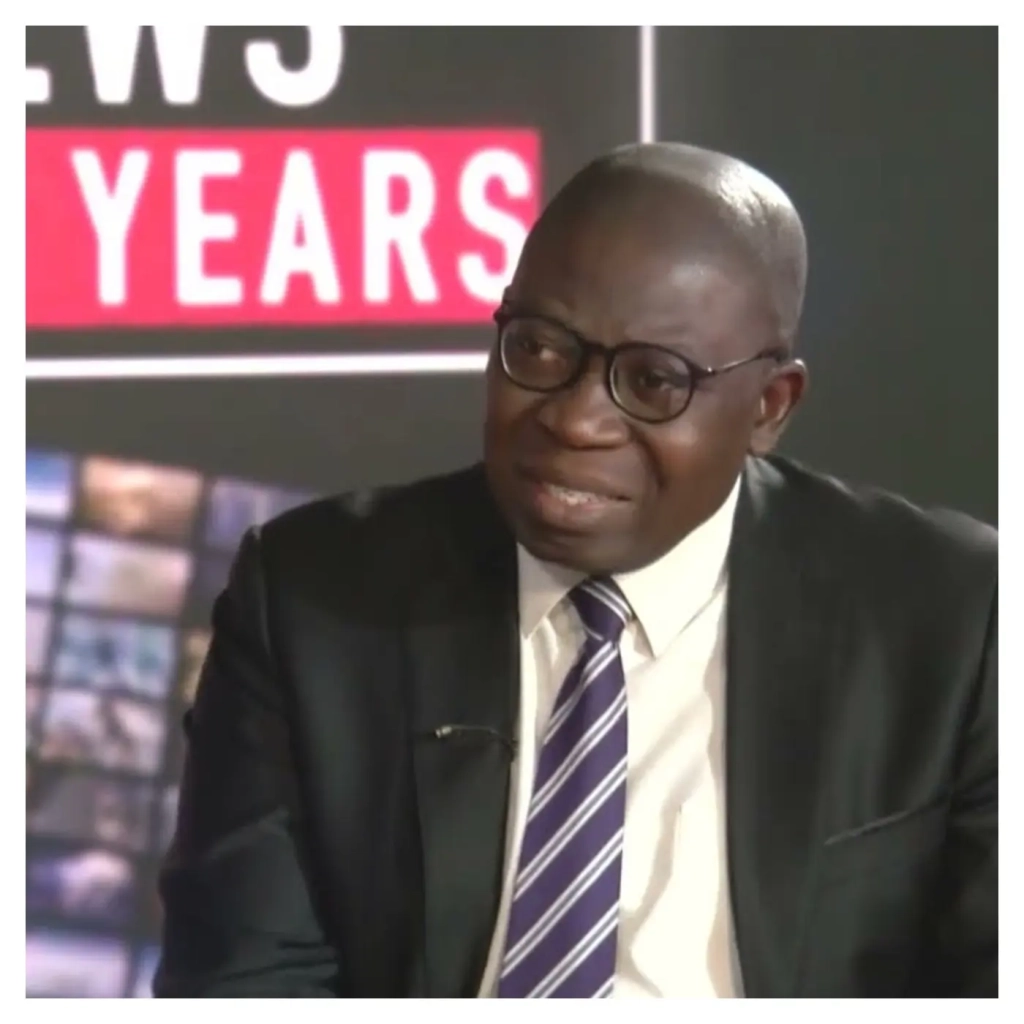A senior Nigerian political analyst has cautioned the ruling All Progressives Congress (APC) against underestimating a newly unified opposition coalition, warning that internal divisions within the governing party could reshape the landscape ahead of the 2027 general elections. Sumner Sambo, Director of News and Politics Editor at Arise Television, issued the advisory during an appearance on the network’s Morning Show program Monday, emphasizing the need for strategic vigilance as opposition forces consolidate.
“The APC would be making a grave mistake to dismiss the opposition coalition under the African Democratic Congress [ADC],” Sambo said, alluding to simmering discontent within the ruling party’s ranks. He noted parallels to the APC’s own underdog origins over a decade ago, when skepticism about its viability preceded its rise to power. “There is a lot of disaffection within the APC today,” he stated. “While the ADC has its challenges, the governing party must tread carefully.”
The remarks follow a July 2 announcement by Nigeria’s opposition alliance formalizing ADC as its unified platform for the 2027 polls. The coalition appointed high-profile figures to key roles: David Mark, a two-term Senate President and retired army general, as national chairman, and Rauf Aregbesola, a former Minister of Interior and ex-state governor, as national secretary. Both bring decades of political experience—Mark as a stabilizer during parliamentary crises and Aregbesola as a grassroots organizer with ties to current APC leadership.
Sambo’s analysis underscores broader concerns about the APC’s stability amid economic pressures and internal rivalries. Since its 2015 election victory, the party has faced criticism over security challenges, inflation, and factional disputes, with some members reportedly eyeing alternative platforms. The ADC-led coalition aims to capitalize on this discontent, positioning itself as a magnet for defectors and a structured challenger.
While Sambo acknowledged the ADC’s own “issues,” including prior electoral underperformance and organizational gaps, he stressed that the APC’s current fractures create openings for opposition gains. “Underestimating their potential would be unwise,” he said, highlighting the symbolic weight of the coalition’s leadership picks.
Political observers note that Nigerian opposition alliances have historically struggled with cohesion, but the ADC’s early consolidation and strategic appointments mark a departure from past fragmentation. With three years until elections, analysts say the APC’s ability to address internal grievances—or the opposition’s success in uniting disaffected voters—could define the race’s trajectory.
The developments coincide with renewed public scrutiny of Nigeria’s electoral process, following logistical controversies in recent polls. As both sides gear up for campaigning, the ADC’s emergence adds a new layer to the political calculus, testing the resilience of Nigeria’s dominant party system.
